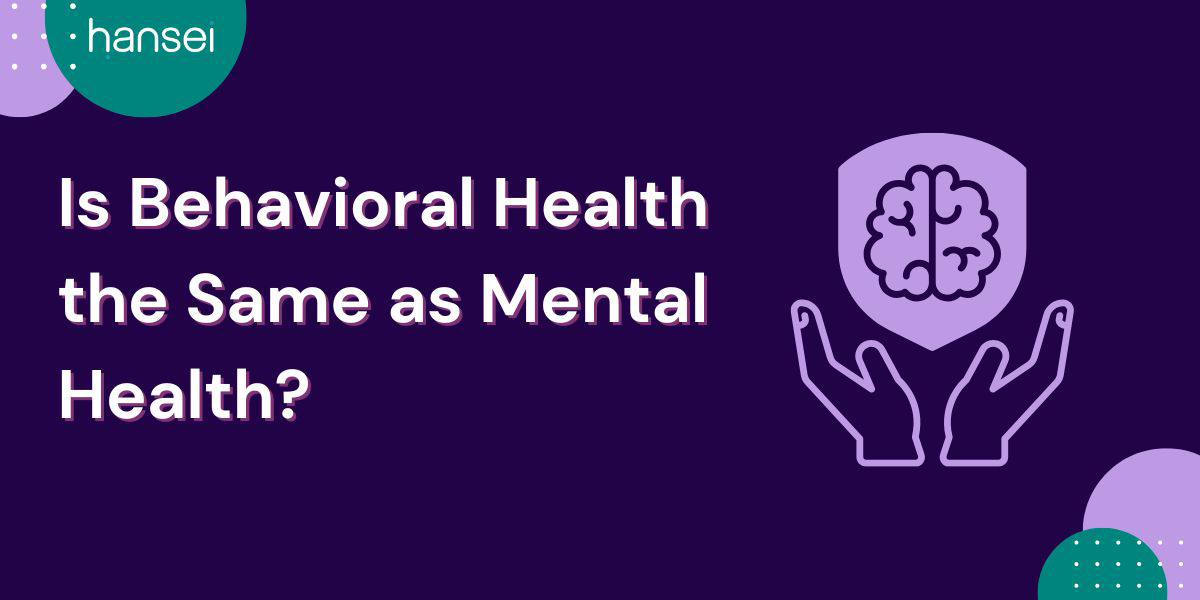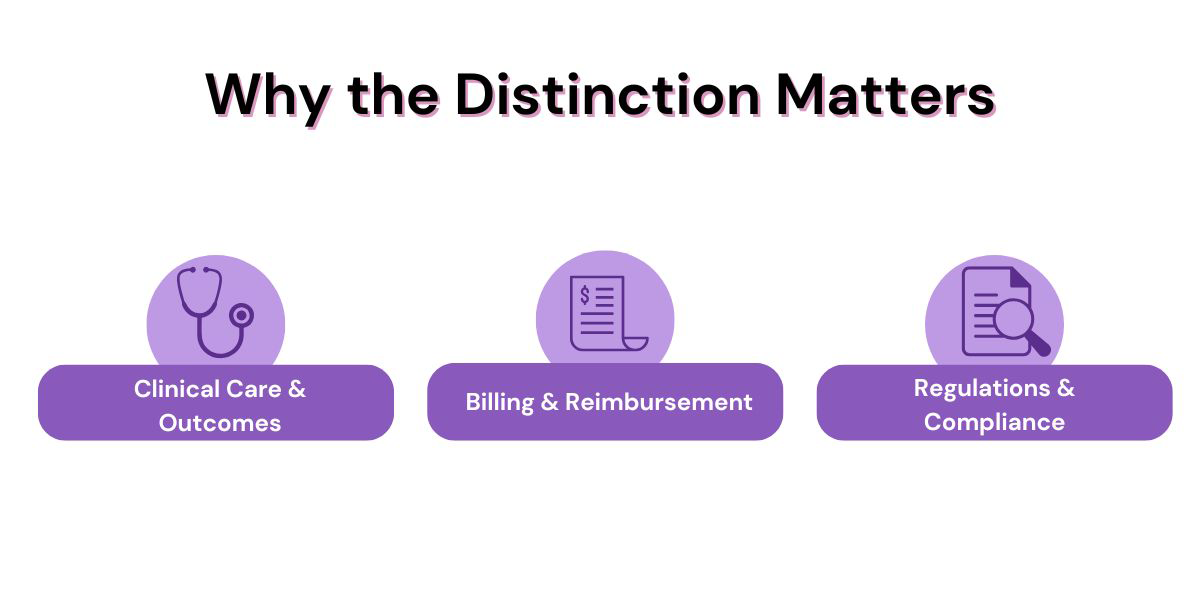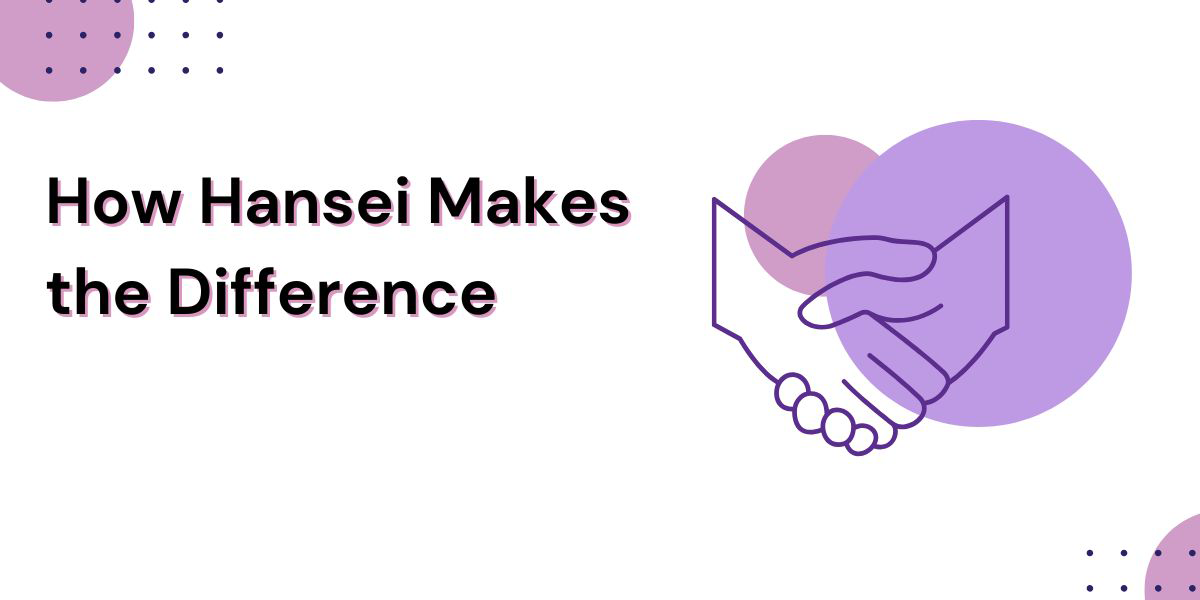Blog

In the healthcare landscape, the terms behavioral health and mental health are often used interchangeably—but they aren’t exactly the same. So, what sets them apart, and why does it matter for providers, payers, and patients? Let’s break it down.
Understanding the Terms
Mental health refers specifically to emotional, psychological, and cognitive well‑being. It encompasses conditions like depression, anxiety, bipolar disorder, PTSD, schizophrenia, and more. Treatment typically includes therapy (e.g., cognitive behavioral therapy, or CBT), psychiatric evaluation, medication management, and sometimes hospitalization.
Behavioral health, on the other hand, covers mental health plus behaviors that impact health—most notably substance use or addiction disorders. When we talk about behavioral health, we’re looking at a broader spectrum that includes how mental and behavioral patterns affect overall well‑being. Hansei Solutions describes its focus like this: “addiction treatment and mental health facilities,” underscoring that behavioral health is a wider category.
The Real‑World Overlap
There’s a significant overlap between mental health and behavioral health—many individuals face both mental health disorders and substance use challenges. Providers often treat co‑occurring conditions using guidelines like ASAM and InterQual, which are designed for integrated care across mental health and addiction.
But the overlap in patient care doesn’t erase the differences that exist in billing. Hansei distinguishes behavioral health billing as a process tailored to both mental health and addiction services. It uses DSM codes for diagnoses and CPT codes for procedures—different from general medical billing, which relies more on ICD codes and may not handle addiction-specific nuances.

Why the Distinction Matters
Clinical Care & Outcomes
Understanding behavioral health as inclusive of substance use allows for more comprehensive treatment. Integrated services mean clinicians can address mental disorders and addictions simultaneously, which improves outcomes and reduces relapse.
Regulations & Compliance
Behavioral health providers must comply with parity laws, privacy rules, and insurance regulations unique to both mental health and substance use. Hansei helps clients navigate this complex environment, staying current with evolving telehealth regulations and payer requirements
Billing & Reimbursement
Behavioral health billing is especially complex. Certain service types—like group therapy, extended outpatient care, or addiction treatment—require specialized coding and claims strategies to avoid denials. Hansei focuses exclusively on these tricky billing scenarios, helping providers streamline revenue cycles.

How Hansei Makes the Difference
Specialized Revenue Expertise
Since 2016, Hansei has handled hundreds of thousands of claims for mental health and addiction providers—securing nearly a billion dollars in reimbursements
Deep Behavioral-Centered Datasets
They leverage the nation’s largest private behavioral health claim data, enabling real-time benchmarking and data-driven decision support
Full-Spectrum Billing Services
Their services include medical coding (DSM/CPT/ICD‑10), claims scrubbing, denial management, credentialing, UR, appeals, AR management, and contracting—fully tailored to behavioral health needs
Technological & Regulatory Leadership
With AI-backed tools, telehealth integration, and proactive compliance monitoring, Hansei stays ahead of trends—automating processes while ensuring adherence to mental health parity and addiction care regulations
Bottom Line: Not the Same—but Certainly Connected
Behavioral health isn’t just mental health—it’s mental health plus addiction and behavioral services. Clinically, recognizing and treating that full spectrum is essential for patient recovery. Operationally, billing both areas requires specialized coding, compliance, and payer strategies.
Hansei’s RCM platform is purpose-built for this space. Their deep data, tech-enabled workflows, and expert support ensure providers can focus on care—not claims. If you’re asking, “Is behavioral health the same as mental health?” the answer is no—but with the right billing partner, the gap gets bridged seamlessly.

Ready to focus on providing healthcare? Let us lighten your load.
We’re here to address your pain points and create growth opportunities for your organization. We’re passionate about what we do, and it shows in every interaction. Learn what makes us tick and schedule a demo today.